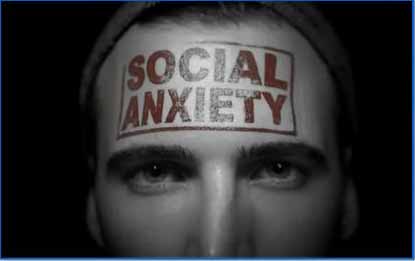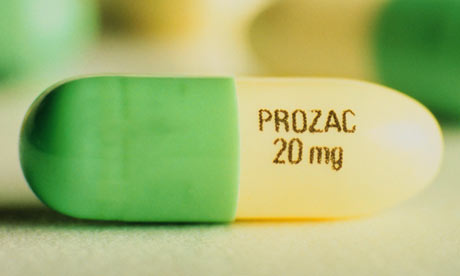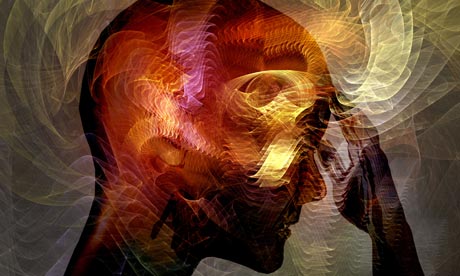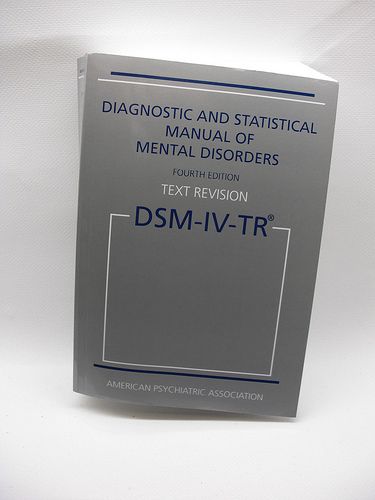
Psychiatric drug industry driven by wealth and stealth, not mental health
Drug company corporate websites tell us of their integrity and utmost commitment to people’s health and well-being. The American Psychiatric Association’s website begins with “Healthy Minds. Healthy Lives” and asserts the “highest ethical standards of professional conduct.” Yet a mountain of evidence points to an entirely different picture. Most recently, thirty-eight state attorneys won a $68.5 million settlement with pharmaceutical titan AstraZeneca for unlawful marketing of antipsychotic Seroquel for unapproved use. These states also charged this company with failing to disclose the drug’s harmful side effects and concealing negative information about its safety and efficacy. “The company’s illegal practices put our most vulnerable populations at risk, including children and older patients with dementia and other debilitating diseases,” states Illinois Attorney General. U.S. sales of Seroquel brought in $5.3 billion for AstraZeneca last year.




